SSC Learning Session: Permaculture
Presented by Laura S and Lucy on Saturday 27 October 2018
10am – Mansions of the Future, Lincoln
So you thought Duplo® bricks were merely innocuous kid’s toys, huh?
Take a look-see below:
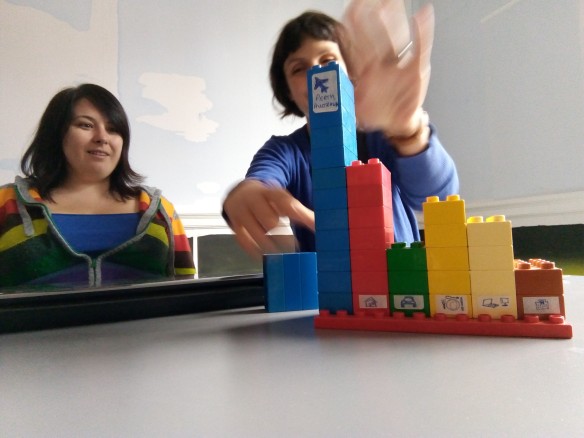
See those seemingly innocent stacks of bright and friendly looking bricks; they actually had the ability to cause not only a fully-fledged, and at times, heated debate, but also a personal reminder of what matters in life…
The stacks of bricks were a visual representation of average addition to climate change per capita in the UK alone. However, not necessarily accounted for, were also:
- Trade off emissions (particularly between countries – usually the developed over the developing world)
- Waste
- Economics
- Cows
- Transport
- Home energy wastage
Further brick stacks illustrated the cost to the earth of using air travel…
But, what has this got to do with Permaculture?
In providing a detailed, well researched referenced background, Laura S informed us of the principles, purpose and ethics of Permaculture:
Earth care, People Care, Fair Share
Permaculture: as a definition
“Permaculture combines three key aspects:
- An ethical framework
- Understandings of how nature works
- A design approach
This unique combination provides an ethical framework that is used to design regenerative systems at all scales – from home and garden to community, farm and bioregions.
The word ‘permaculture’ comes originally from ‘permanent agriculture‘ and ‘permanent culture‘ – it is about living lightly on the planet, and making sure that we can sustain human activities for many generations to come, in harmony with nature.
Permanence is not about everything staying the same. It is about stability, about deepening soils and cleaner water, thriving communities in self-reliant regions, biodiverse agriculture, and social justice, peace and abundance”.
(Permaculture Association: retrieved November 2018 from https://www.permaculture.org.uk/knowledge-base/basics)
A learning resource in the form of handwritten statements citing the two of the main Permaculture protagonists (Frost and Stevens?) were passed between scholars. Laura explained that although at first the authors were in agreement on the fundamentals of permaculture, eventually their philosophy diverged as they separately considered what ultimate outcome was required and proposed how to achieve it:
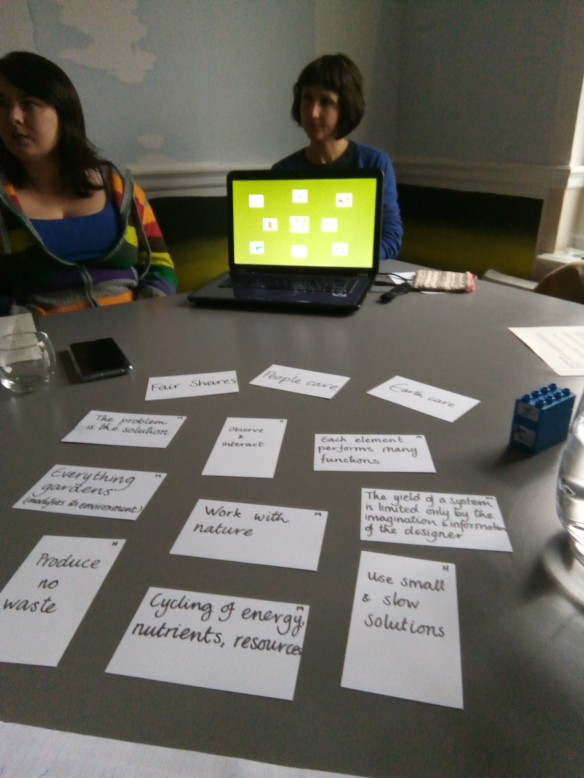
A picture illustrating example of the written statements
Based on the learning resources provided, scholars discussed and debated the local, national and global impact of our lifestyles on the earth’s resources. Arguably, the passionate exchanges in relation to Carbon Offsetting caused the most intense and divided opinion, but as an observation, also expertly illustrated the depth and breadth of knowledge and all consuming interest in the subject matter by the scholars present, regardless of their own political persuasion.
It was stated that: “Capitalism is eating itself” i.e. by disrespecting and abusing the very resources it actually needs to survive…
The counter argument contended that: “Yes, but we are ALL buying in to it”
Scholars offered suggestions for alternatives, but on observation, did we ultimately blame others and shrugged off our responsibility by using Capitalism and its fanatical proponents as scapegoats? Are we as individuals, daily buying into and knowledgeably using the exact same system, whether we ‘buy’ green products or not, just as guilty of ‘Greenwash’ as those businesses who claim to be mitigating the decimation of nature through utilising technological advancements that rely on as wind, solar, water power instead?
A video on ‘Carbon Offsetting’ is available here: https://www.youtube.com/watch?v=vM0RrobKcrk
Lucy then brought Permaculture as an alternative lifestyle into vivid focus through deftly sharing her own experience of recently spending several months living and working ‘off grid’ at The Grange near Thetford Forest in Norfolk. In relating how permaculture principles were enacted at The Grange, Lucy illustrated how self-sufficiency not only created a much-needed haven for nature, but also provided a refuge for refugees through weekly work details (Workday Wednesdays) that professed to deliver physical, mental, emotional and spiritual support. A large team of support agencies/partner organisations aimed to assist those attending The Grange to build their own personal resilience, and in the wider and longer term, advocates of The Grange, (and of such places of a similar ilk around the UK), aim to create a network of places of sanctuary equally for the benefit of all animal and human kind…
A link to The Grange website is available, but please do take time to find a guest post on the website from a young Egyptian Refugee here: https://www.thegrangenorfolk.org.uk/index.php/blog/34-salah-s-article (Lucy kindly provided a printed copy of the post to each of the SSC scholars present at the Permaculture learning session).
Laura S and Lucy also spoke of newly-establishing permaculture principle-type projects and protagonists that were beginning to emerge in and around Lincoln/Lincolnshire and elsewhere such as Transition Towns, City of Sanctuaries, etc.
As a personal observation, I felt this learning session enabled scholars to consider how the SSC could be involved and/or support local projects considering permaculture as a way forward in terms of providing breathing spaces for, and of hope, as well offering an attempt to explore an alternative solution i.e. Communities of the Future
Ends
FKJ



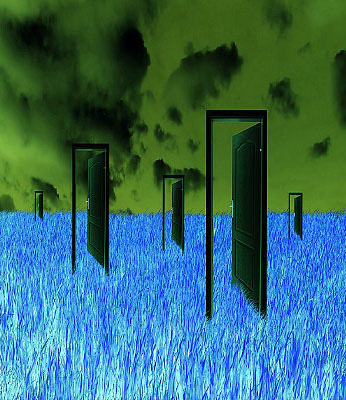
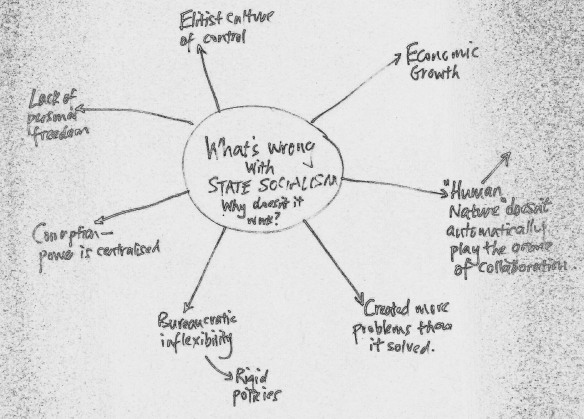
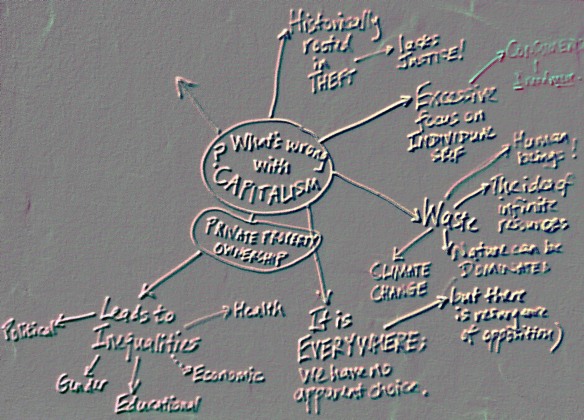
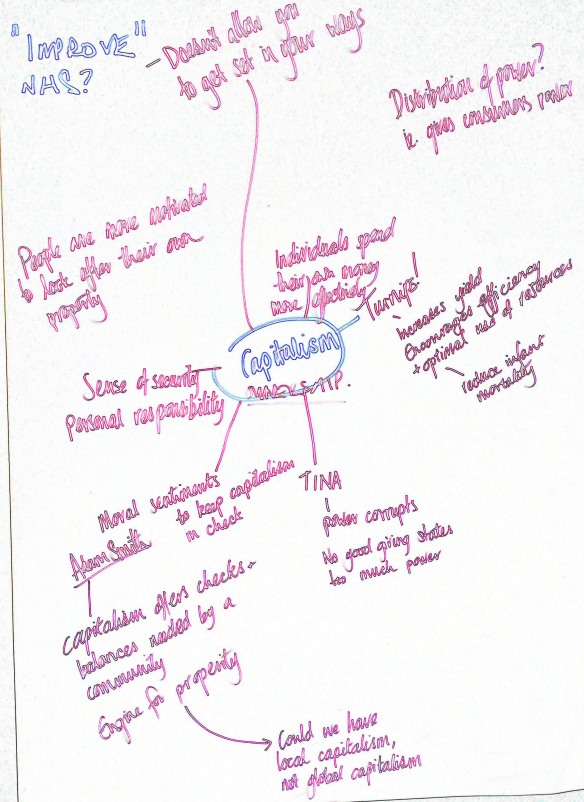
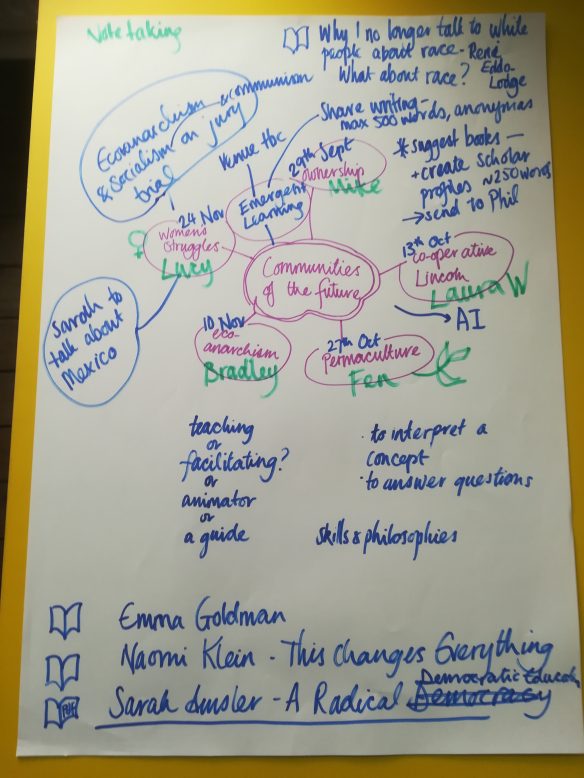
You must be logged in to post a comment.